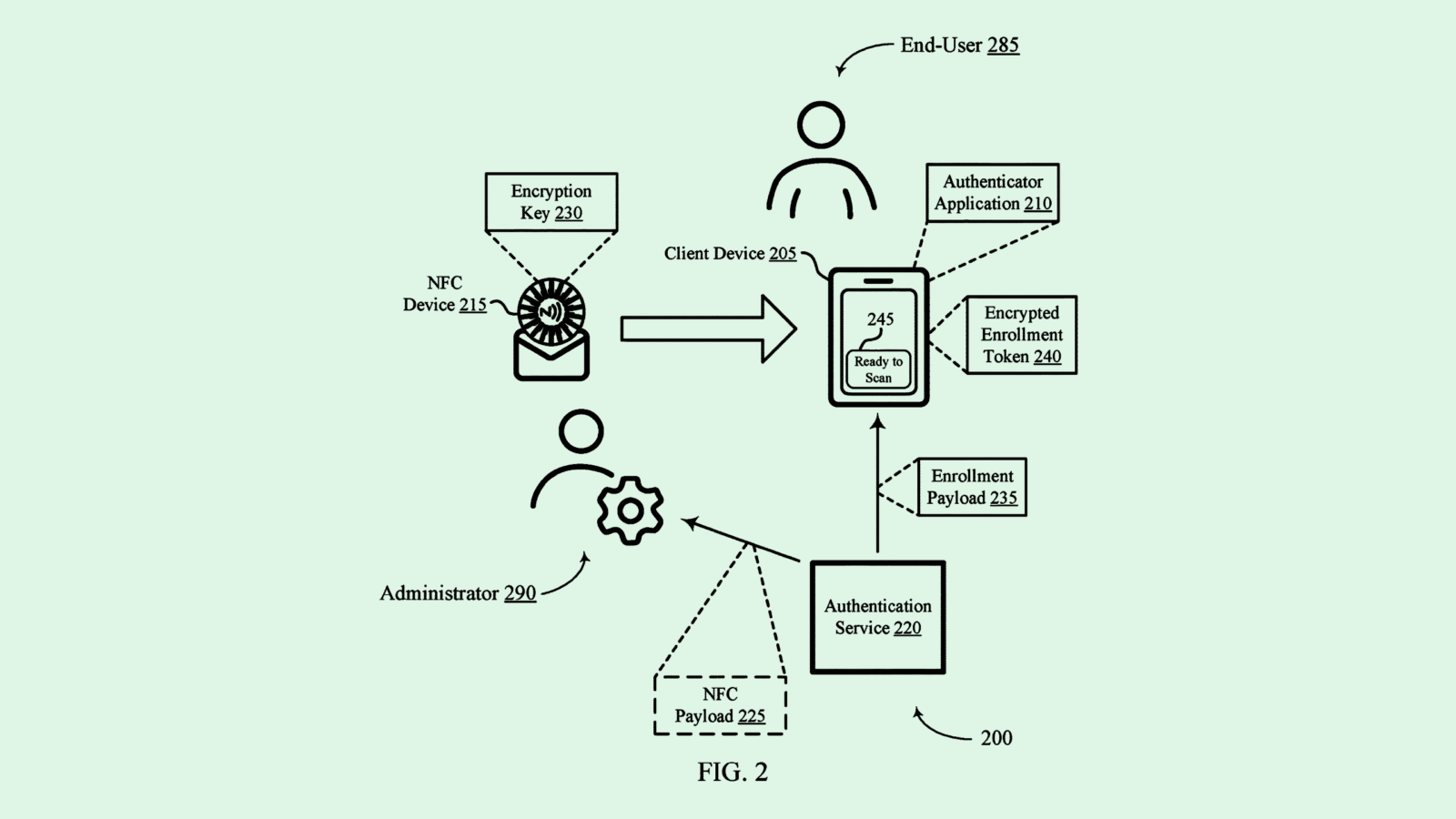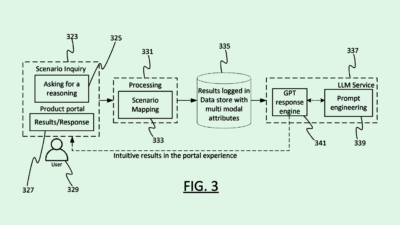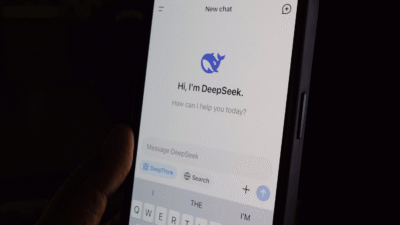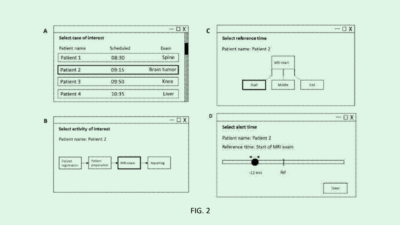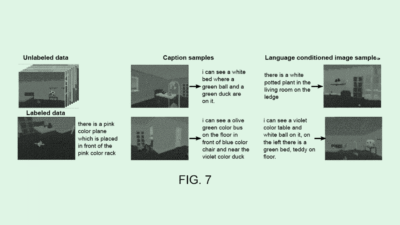Salesforce Works to Keep AI Agents In Line
A recent patent is just one representation of its massive push toward agentic AI.
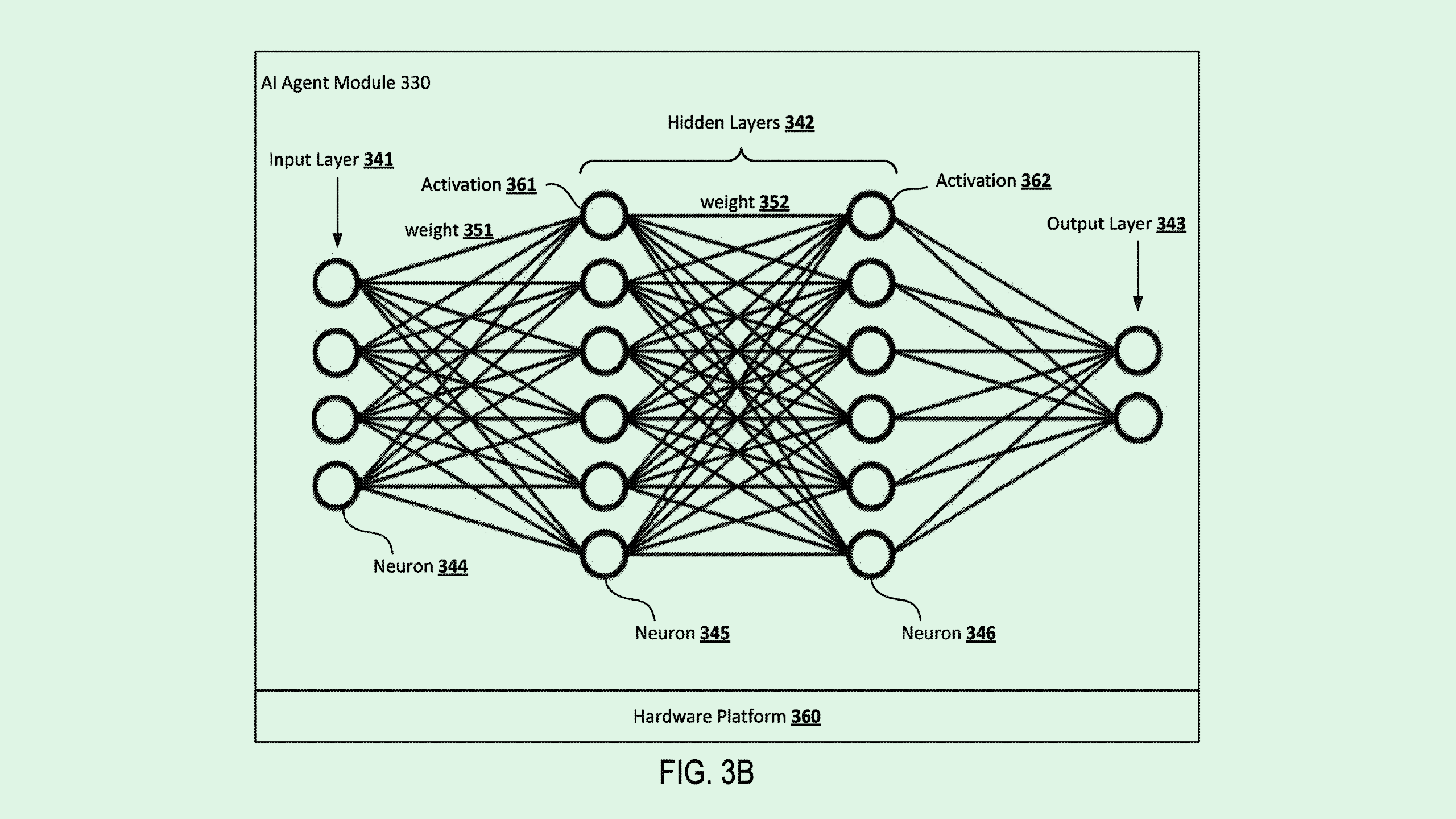
Sign up to get cutting-edge insights and deep dives into innovation and technology trends impacting CIOs and IT leaders.
With the onslaught of AI agents, how can enterprises keep them straight?
Salesforce is seeking to patent a system for “orchestrating LLM-augmented autonomous agents” that essentially coordinates and selects the best AI agent for any given task.
When a user sends in a task, a “controller” will observe the computing environment for relevant data or context, then pick the right “language model augmented agent” for the job, feeding it the task instructions and additional context. For reference, a language model augmented agent is one in which a language model’s capabilities are used to “provide an agent response and/or reasoning.”
Once the agent offers an output, the controller then decides how to turn that output into action. “Existing [language model augmented agents] do not always provide accurate next-action indications and therefore, a target task may not be completed.” Salesforce said in the filing.
Salesforce’s patent application is just one representation of its massive push toward agentic AI. The company made a public commitment to the technology at its Dreamforce conference last year by debuting Agentforce, an agentic AI tool for sales, marketing, and customer service.
Salesforce isn’t alone. In the past several months, practically every tech giant in the enterprise space has jumped in on the agentic craze, including Nvidia, Microsoft and Google.
Though Big Tech is keen on the possibilities of these agents, the workers using them may not feel the same: A survey of 2,100 US and UK workers from software firm Pegasystems found that, while 57% of workers are inclined to use AI agents, 33% are worried about the quality of the output, 32% worry about a lack of emotional intelligence, and 30% don’t trust the accuracy of these agents.
